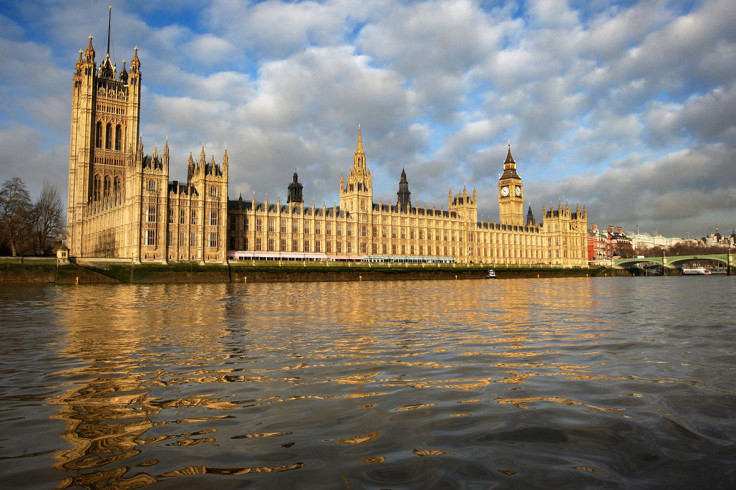House of Lords Condemns Unworkable, Impossible, Unhelpful & Ambiguous 'Right to be Forgotten' Ruling

Ever since the European Court of Justice ruled that individuals had the "right to be forgotten" everyone from lawmakers, politicians and search engines have all been trying to unpack the implications of this ruling.
The latest group to weigh in on the matter is the House of Lords, with the Home Affairs EU Sub-Committee releasing a damming report which variously labels the ruling "unworkable", "impossible", "unhelpful", "vague" and "ambiguous".
The report claims that the ruling is trying to "enforce the impossible" and that it is based on an interpretation of Article 12 of the 1995 Data Protection Directive which was drafted three years before Google was even founded - highlighting the outdated nature of much of today's laws in the internet age.
Misleading
In her comments on the report, chair of the sub-committee Baroness Prashar said that even the term right to be forgotten is misleading: "Information can be made more difficult to access, but it does not just disappear. Anyone anywhere in the world now has information at the touch of a button, and that includes detailed personal information about people in all countries of the globe."
Last week representatives from Google and other search engines met with EU regulators to try and clarify just how the ruling should be implemented.
Google revealed that it has received about 90,000 requests from individuals seeking to get links to content about them removed from search results. Of these Google has complied with 50,000, rejected about 27,000 while seeking further information in another 13,000 cases.
The Lords committee heard evidence from data protection experts, the Information Commissioner's Office, the Minister for Justice and Civil Liberties, Simon Hughes, and Google itself.
Continue to fight
The report recommends the government "must continue to fight to ensure that the updated regulation no longer includes any provision on the lines of the Commission's 'right to be forgotten' or the European Parliament's 'right to erasure'" adding that there should not be an "unfettered right" to delete data.
Since the ruling came into force on 13 May, search engines have been let to their own devices in order to interpret its meaning. Google was the first to make a stab at addressing th issue by launching an online form on 30 May to streamline the removal request process. Since then Microsoft has followed suit with its own online form.
However Baroness Prashar doesn't believe the interpretation of this ruling should be left to the likes of Google and Microsoft to sort out:
"It is also wrong in principle to leave search engines themselves the task of deciding whether to delete information or not, based on vague, ambiguous and unhelpful criteria. We heard from witnesses how uncomfortable they are with the idea of a commercial company sitting in judgment on issues like that."
Google which has publicly said it is disappointed with the court's ruling, has also set up an advisory group which includes executive chairman Eric Schmidt and Wikipedia founder Jimmy Wales, which is charged with figuring out how Google will deal with the judgement in the future.
© Copyright IBTimes 2024. All rights reserved.






